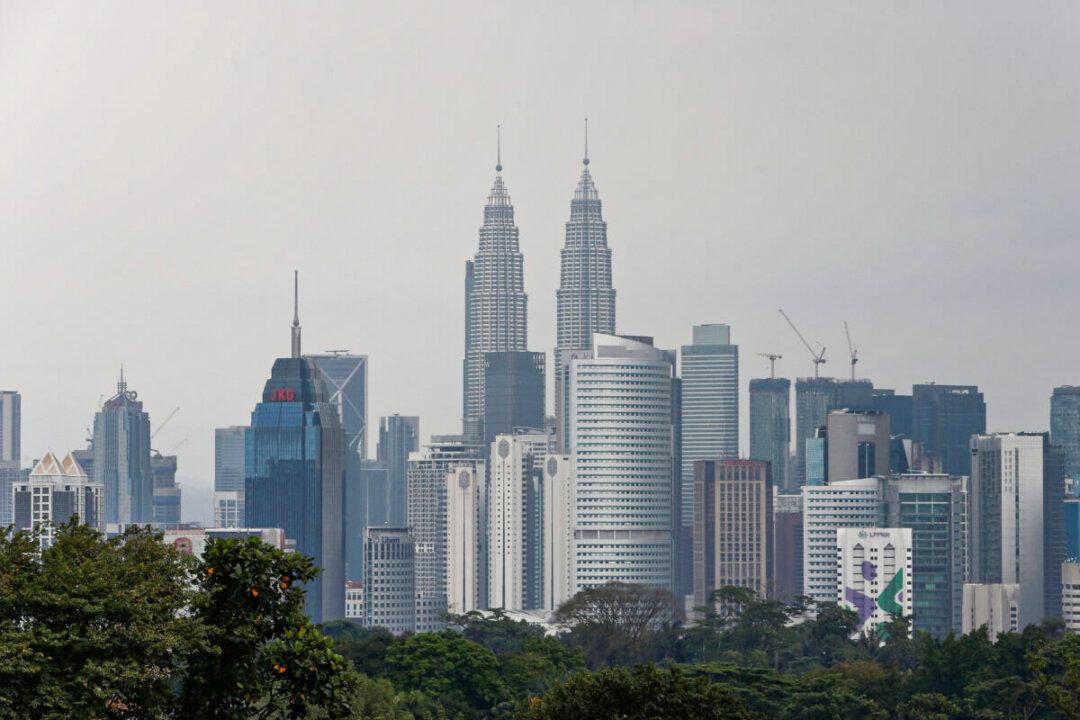Governments in Asia are stepping up measures to control food prices, offering additional economic relief packages to households amid soaring inflation fueled by the ongoing Russia–Ukraine war.
Malaysia is projected to spend roughly $17.5 billion on subsidies this year, including the recently announced $83 million in chicken and egg subsidies, to keep inflation under control.





